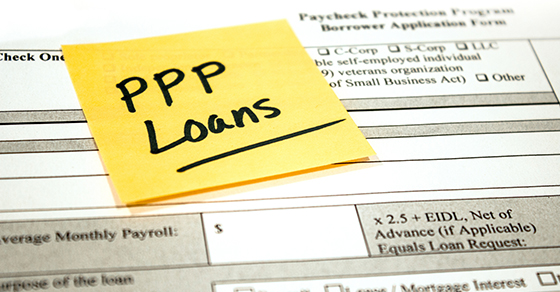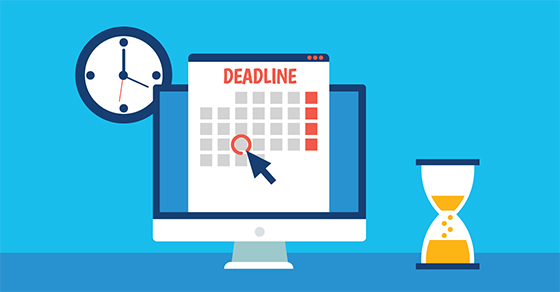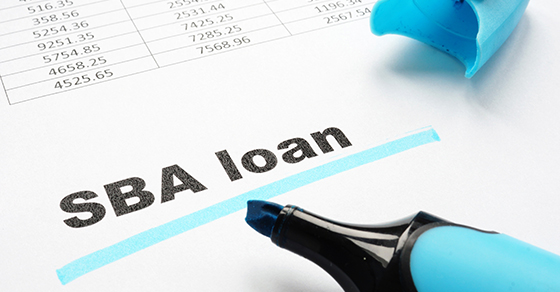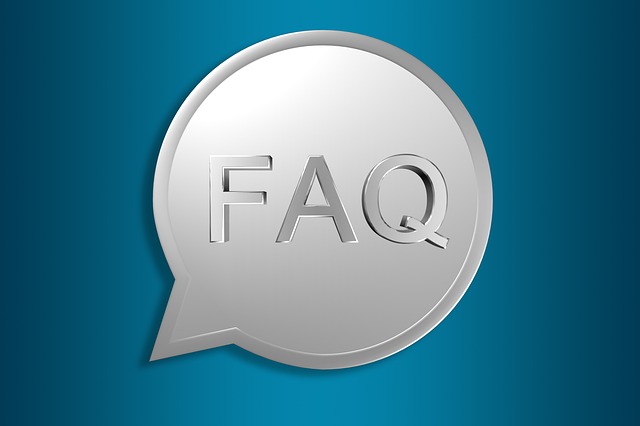Minnesota lawmakers pass relief grant program, accepting applications June 23-July 2
The Minnesota Department of Employment and Economic Development (DEED) announced the Minnesota Small Business Relief Grants Program last week. The program, which was approved by the Minnesota Legislature and signed by Governor Tim Walz, will begin accepting applications on June 23 through 5:00 p.m. on July 2.
Accounting for PPP Loans
On June 10, 2020, the AICPA released guidance, to address how borrowers of Payroll Protection Program (PPP) Loans should account for these loans in their GAAP financial statements. The legal form of the PPP loan is debt, however, some believe that the loan is, in substance, a government grant. These conflicting opinions have led the AICPA to provide PPP Loan borrowers with options to account for the PPP Loans. Borrowers can account for the PPP Loans as:
SBA issues update first PPP interim final rule following PPP Flexibility Act
On June 10, 2020, the Small Business Administration (SBA) issued an updated interim final rule for the Paycheck Protection Program (PPP) in response to the PPP Flexibility Act passed on June 5, 2020. The updated guidance accounts for revisions made to the covered period, usage of funds changes, extended safe harbors, and more.
Here is a quick rundown of the changes made by the PPP Flexibility Act.
House passes bill to extend, expand provisions of PPP
On May 28, 2020, in a nearly unanimous vote, the U.S. House of Representatives voted to extend certain provisions of the Paycheck Protection Program (PPP) to provide small businesses with relief in the timeframe and use of their PPP loan funds. While President Trump has encouraged changes to PPP, and the Senate had been developing a plan of its own, the Paycheck Protection Program Flexibility Act is the first to pass its branch.
SBA issues interim final rule on PPP
On May 23, the Small Business Administration (SBA) issued an interim final rule for the Paycheck Protection Program (PPP) that included the loan forgiveness application guidance released May 15, as well as other updated guidance.
PPP Forgiveness Form Released by SBA, Includes Changes
The Small Business Administration (SBA) has released its long-awaited Paycheck Protection Program (PPP) forgiveness form for borrowers. The release on May 15 brought with it significant changes to the interpretation of some components of forgiveness that were not previously known.
IRS Clarifies Payroll Tax Deferral Relief and Expands Relief for those Using the PPP
The CARES Act allows all employers to defer the deposit and payment of the employer’s share of social security (SS) taxes (6.2%) and self-employed individuals to defer payment of certain self-employment taxes. The timing of the deferral will depend in whether or not the employer receives a loan under the Payroll Protection Program
There’s still time to make a deductible IRA contribution for 2019
Do you want to save more for retirement on a tax-favored basis? If so, and if you qualify, you can make a deductible traditional IRA contribution for the 2019 tax year between now and the extended tax filing deadline and claim the write-off on your 2019 return. Or you can contribute to a Roth IRA and avoid paying taxes on future withdrawals.
PPP economic uncertainty clarification update gets extended repayment deadline
Many companies have been significantly impacted by the downturn in the economy caused by the COVID-19 fallout. As such, the impact on your operation should be documented to support the need for the PPP loans.
Do you have tax questions related to COVID-19? Here are some answers.
The coronavirus (COVID-19) pandemic has affected many Americans’ finances. Here are some answers to questions you may have right now.
Lease Standard
On April 8, 2020, the Financial Accounting Standards Board voted to delay the effective date of ASC 842, Leases, an additional year.
The Top 10 Questions about the Tax Deadline Extension
It was announced on March 20 that Tax Day would be postponed from April 15 to July 15 to coincide with the delayed tax payment deadline at the direction of President Trump. Treasury Secretary Steven Mnuchin announced the postponement via Twitter, stating that all taxpayers and businesses will have until July 15 to file and make payments without interest or penalties.
Many states are still announcing their response to the deadline. Due to COVID-19, Minnesota is providing additional time until July 15, 2020, for taxpayers to file and pay 2019 Minnesota Individual Income Tax without any penalty and interest. Minnesota has not extended 2020 first and second quarter taxes. We know you have lots of questions. Below is a summary of the 10 most common questions and the IRS’s response.
Strategic Costing Review – Understanding Costs to Gain Competitive Advantage
Current market conditions around COVID-19 have reduced workload and forced difficult cost-saving decisions. In addition, heightened marketplace competition makes it critical that you understand what really drives your profits. A strategic cost review grounded in the knowledge of your cost structure, workflow and productivity measures can help managers focus on activities that bring the most value and allow you to align your pricing strategies to maximize profits.
CARES Act: Understanding the Paycheck Protection Provision (SBA 7a Loan) Program
The Coronavirus Aid, Relief, and Economic Security (CARES) Act signed into law on March 27 provides $349 billion in funding for the Small Business Administration (SBA) in an effort to provide assistance and relief to America’s small businesses struggling under the weight of COVID-19. The Act included a paycheck protection provision for small businesses by providing additional funding to the SBA for specific areas of need and expanding the SBA’s 7(a) loan program.
Tips and Considerations for Small Businesses Applying for an SBA Disaster Loan
Small businesses are now eligible for up to $2 million in Economic Injury Disaster Loans from the Small Business Administration (SBA). President Trump has called for an additional $50 billion in funding to the SBA’s lending program from Congress. While the $50 billion is not yet approved, the SBA can issue an Economic Injury Disaster Loan declaration, thanks to the Coronavirus Preparedness and Response Supplemental Appropriations Act.
Knowing what to expect before starting the loan process will help prevent unnecessary errors and rework. Completing the application process quickly and accurately will be key as there will be high demand and processing times will likely increase. We’ve put together the following summary of what business owners can expect when applying for an SBA loan.















